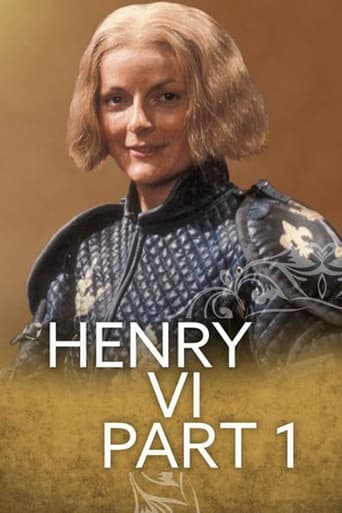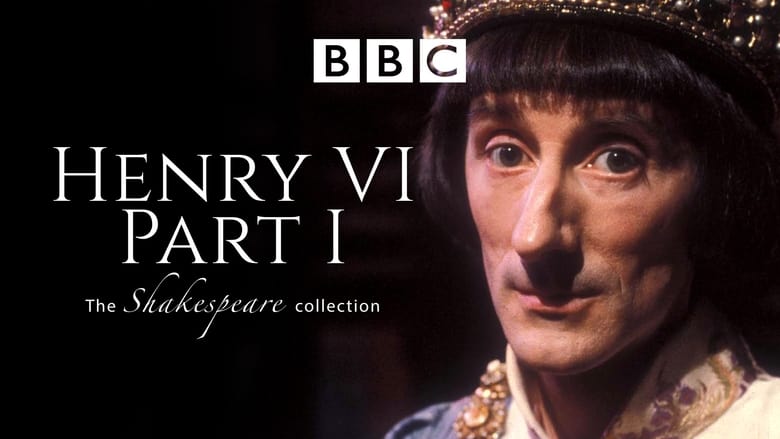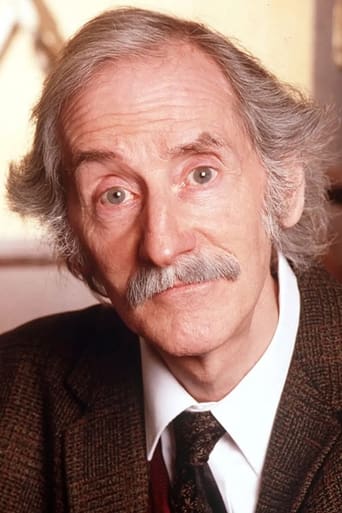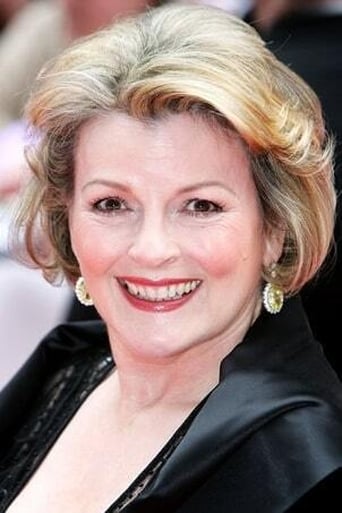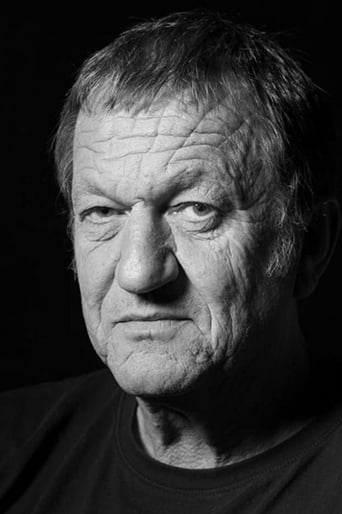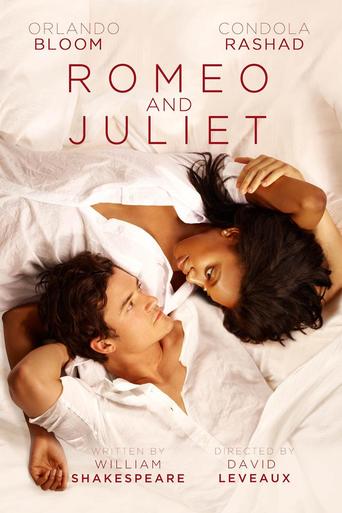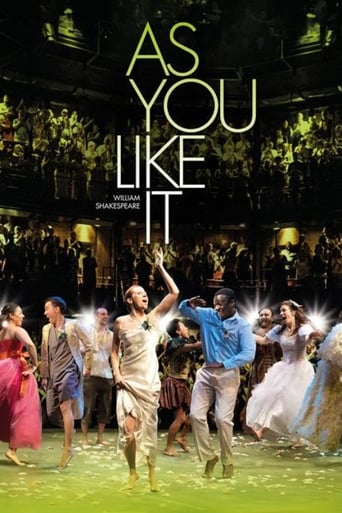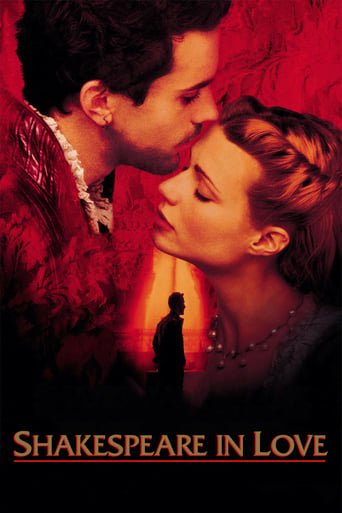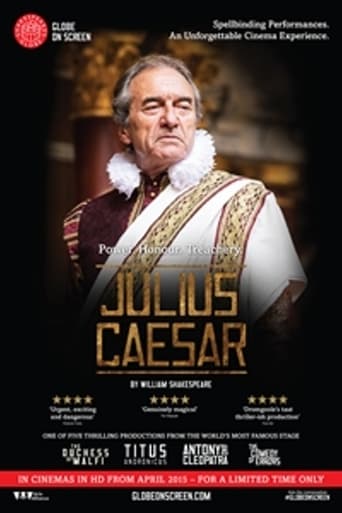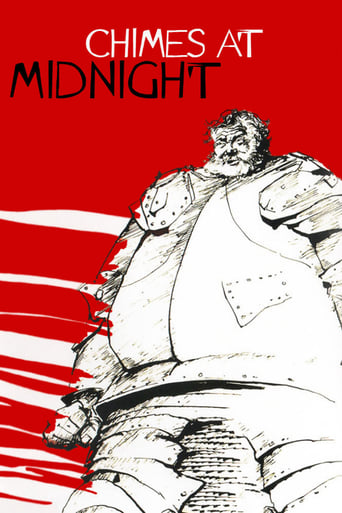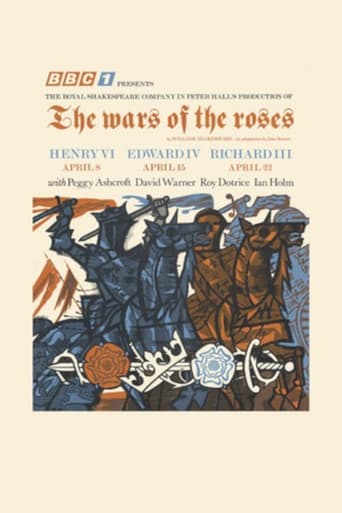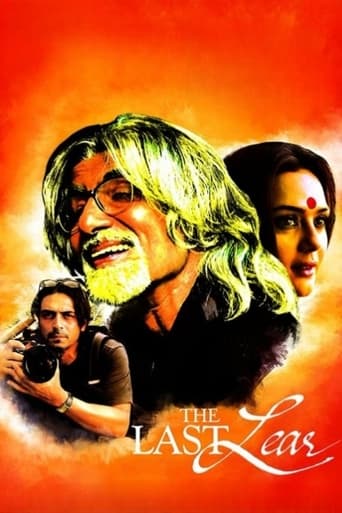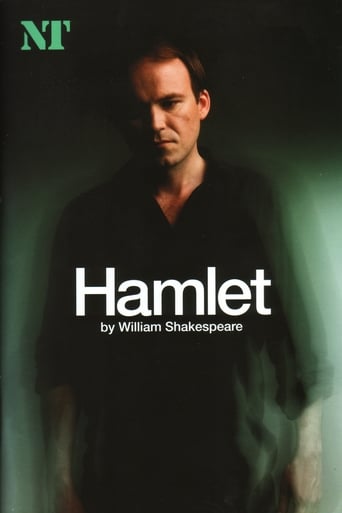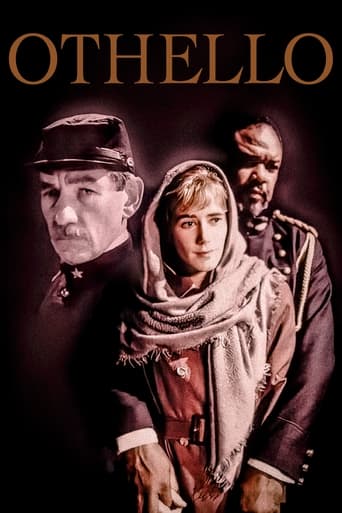Henry VI Part 1 (1983)
The life of King Henry the Sixth, in three parts.
Watch Trailer
Free Trial Channels
Cast


Similar titles
Reviews
Am i the only one who thinks........Average?
I saw this movie before reading any reviews, and I thought it was very funny. I was very surprised to see the overwhelmingly negative reviews this film received from critics.
Good films always raise compelling questions, whether the format is fiction or documentary fact.
Actress is magnificent and exudes a hypnotic screen presence in this affecting drama.
As some other reviewers have noted, this production of one of Shakespeare's longest plays is very much 'enclosed' and presented on an abstract set. It is, for me , futile and irrelevant to speculate whether this was a creative or financial decision, but it does not invalidate the film. What we are getting is a record of a production of Henry VI Pt1 not a film of the events of the same play in 'real' locations.For me, the production is a real curate's egg, but before commenting on that, I want to make a few observations about the play itself. In most of Shakespeare's plays there is a main driving narrative into which the Bard weaves his unique and wonderful insights into the human condition. This - apparently very early work (ascribed to ~ 1592), there is a melange of interlocking 'stories', and, structurally it seems more like, for example, 'Hannah and her Sisters' - that is a treatise on the inter- relatedness of things. It was hence written several years before the better-known and more celebrated Henry V, and in it's denouement, it is not so very different - with the King finally marrying a French princess to join the two nations in harmony (although it, and they, didn't).It seems that scholars now regard this play as a collaborative work to which Shakespeare contributed but did not dominate. I was, nonetheless hugely impressed with the way in which the various narrative threads are joined together, and there are several exquisite scenes. In spite of the representation of Henry VI himself as weak and effeminate, his scenes ring with gentle wisdom in their optimism. By contrast, there is real venom in the scenes between Winchester and Gloucester. But the real jewel is the key scene (Act 4 Sc 5) in which Lord Talbot/Earl of Shrewsbury's son John comes to the aid of his father in an impossible military situation. Their dialogue on the place of valour and protective love of father for son is immensely moving and full of irony and the kind of insight into the human condition that we come to expect from Shakespeare.So what of the production itself? Stylistically, is is virtually flat, with just the occasional close up for asides to break the sense that the director wanted to do no more than show the production 'from the front row'. So, ultimately, it stands and falls on the characterisations, the acting and the mise en scene. Trevor Peacock makes a creditable Talbot, Frank Middlemass is suitably venomous as Winchester/Cardinal Beaufort, David Burke makes a fine Gloucester/Lord Protector, and Bernard Hill is suitably Machiavellian as the Duke of York.Clearly the casting of Peter Benson as Henry VI himself is controversial, to say the least. But this is difficult as the play presents events that take place over a 15+ year period during which Henry ages from 8 years old to at least 25. Benson would have been nearly 40 at the time of the production so we can only really regard his characterisation as 'symbolic'. And for me, at least, it works very well. The French characters fare less well... Charles the Dauphin is all smirks and smiles, but carries no weight. Worse - indeed the major weakness for me is Brenda Blethyn's Joan la Pucelle (Joan of Arc) who is saddled with a ridiculous Yorkshire accent. But, in a way, she is written as a sort of pantomime villainess, and only comes alive at the hour of her death.As long as one doesn't compare the production with the great Welles Shakespeare adaptations or suchlike, this Henry VI Pt 1 works fine. But it isn't cinema....
The four plays Shakespeare wrote about the Wars of the Roses is capped by the very famous Richard III. But Richard, taken literally, doesn't make much sense unless one is familiar with aspects of the previous three plays, which deal with the reign of Henry VI.The series of Henry VI plays presented in the BBC's Complete Dramatic Works of William Shakespeare boasts a powerhouse ensemble cast, including but not limited to: Trevor Peacock, Frank Middlemass, Bernard Hill ("Lord of the Rings"), David Burke (Brett's Watson in "The Adventures of Sherlock Holmes"), Mark Wing-Davey ("The Hitchhiker's Guide to the Galaxy"), Tenniel Evans ("The Navy Lark") and Ron Cook ("Topsy-Turvy") who goes on to play Richard III.These Henry VI plays are presented in bare-bones style, probably reminiscent of the way they were done on stage at the Globe Theater four hundred years ago.This may have been dictated by financial straits. Or it may have been inspired by the Royal Shakespeare Company's successful nine-hour "Nicholas Nickleby" -- which was never boring.It may also reflect a lack of respect for the source material (even the best actors in this series don't resist the urge to mug and leer and overplay; Julia Foster's Margaret is particularly grating on the nerves -- which is too bad, since once Margaret steps on the stage she dominates Henry VI).Whether because of money or a lack of respect -- or even perhaps because the people who made them had fundamental misunderstandings about them -- this presentation grows quickly tiresome. If they thought they were doing something clever, they weren't.It's too bad. The Henry VI plays are not often presented, and the only other notable version done for television and out on DVD (that I know about) is the 1960s series "The Age of Kings", which does all eight plays between Richard II and Richard III in one-hour formats (I think they were live, so the actors are reciting Shakespeare against the clock)."The Age of Kings" also, due to the limitations of budget and especially the limitations of the television medium at the time, did necessarily stagy productions. The actors of the '60s series (including a young Sean Connery as Hotspur) do their best at just finding their t.v. marks within phony backdrops that seem ready to collapse on them.It's too bad that the Henry VI plays done by the BBC twenty years later, as part of the Complete Dramatic Works, could not have been opened out like some of the other plays in this series (i.e."As You Like It" or "Henry VIII"). If they had to be done on interior sets, they were worthy of a better design (like "Twelfth Night" or "Much Ado About Nothing" -- even "The Merry Wives of Windsor", a perfectly lousy play with perfectly wonderful sets!) And the material should have been treated with more respect. Not because it's "Shakespeare" as a name to conjure with. "They" knew when they started this complete series of the plays that they were to be something of a touchstone. It's all right to experiment with the more well-known plays; no series could boast "the standard" version of Hamlet or Julius Caesar. But the little-known plays, which most people simply will never see in their lifetimes anywhere else, should have been trotted out in their Sunday best. This includes these Henry VI plays. The Henry VI plays should at least have the interest of a soap-opera -- which is basically what it is. It's a soap with a martial setting. Instead, it's just a confusing lot of sound and fury, signifying, in the long run, nothing.I don't know where the blame lies. It may be Jonathan Miller, or it may be the director. Perhaps the BBC showed them their empty pockets and told them to do their best. Or maybe no one cared about these plays enough to present them with the respect they deserved.Like the 1960s series "The Age of Kings" this version of the Henry VI plays had a lot of very good actors (some of whom I have seen performing better with less) ultimately unable to capture a willing suspension of disbelief.One revelation was Mark Wing-Davey's Warwick. He's looks too young (Warwick was in his forties and Wing-Davey's in his thirties), but he does a magnificent job in the first performance I'd ever seen where he only has one head.The Henry VI series has other high spots, but taken at a whole it's unnecessary strident; and it's especially wearying since the Henry VI plays are all very long (or does it just seem that way?) and have a lot of characters who are not adequately described. I followed along in my Arden.Unfortunately, "The Age of Kings" eviscerated Henry VI, Part I, so this particular version is best chance most people will have of seeing the bulk of Henry VI, Part I. We who don't live with an easy access to Stratford have to take what we can get.
Shakespeare is always great (even Titus Andronicus is great).This version -- or rather, this imagining -- of Shakespeare is horrid, however. It's embarrassingly low-rent. For what should have been filmed as "the definitive productions of Shakespeare," the first tetralogy are pathetically presented in a horrid avant-garde style that may have worked on a short-run on stage, but filmed for all time just make one embarrassed that this was the best they could do.Fie, FIE, Aunty Beeb, and fie on the director and set designer and costume designer.It makes me weep that THIS is what they did.
I was staggered when I read the running time for this piece: 188 minutes, and this is just Part One! Thankfully, most of the play makes sense and the plot flows well to maintain interest.Despite the fact this play follows the events of "Henry V" (made by the BBC in 1979 for this series) the second part of the Histories cycle has a different cast and director, plus an altogether different feel. Instead of verbatim historical settings reproduced in a studio, the action takes place on a multi-coloured background of staircases, platforms and climbing nets, much like a children's play park. The effect takes a bit of getting used to, but once it settles in adds greatly to the increasing sense of nightmarishness that dominates the story.The first part is just set-up for events that really kick off the second and third parts of "Henry VI", before concluding in "Richard III". In the wake of the death of his father, Henry V, Henry VI (Peter Benson) is newly crowned and must deal with not only a rebellion the French lands led by the dynamic Joan La Pucelle (Brenda Blethyn) but also a civil feud between his own family and the Plantagenets led by the Duke of York (Bernard Hill). The War of the Roses has begun...Peter Benson, in his sparse appearances, makes King Henry VI (the true 'weak king' and not Richard II) an effeminate and ineffectual figure already led and manipulated by others. Trevor Peacock makes a rousing Lord Talbot, the King's chief ally, and Bernard Hill is excellent as the bloodthirsty Duke of York. David Daker is the most successful of all the actors who are doubling roles, and makes good distinctive characters of both Vernon, one of York's compatriots, and the French King Reignier.Not a bad effort despite the length, and the story continues in Part Two.

